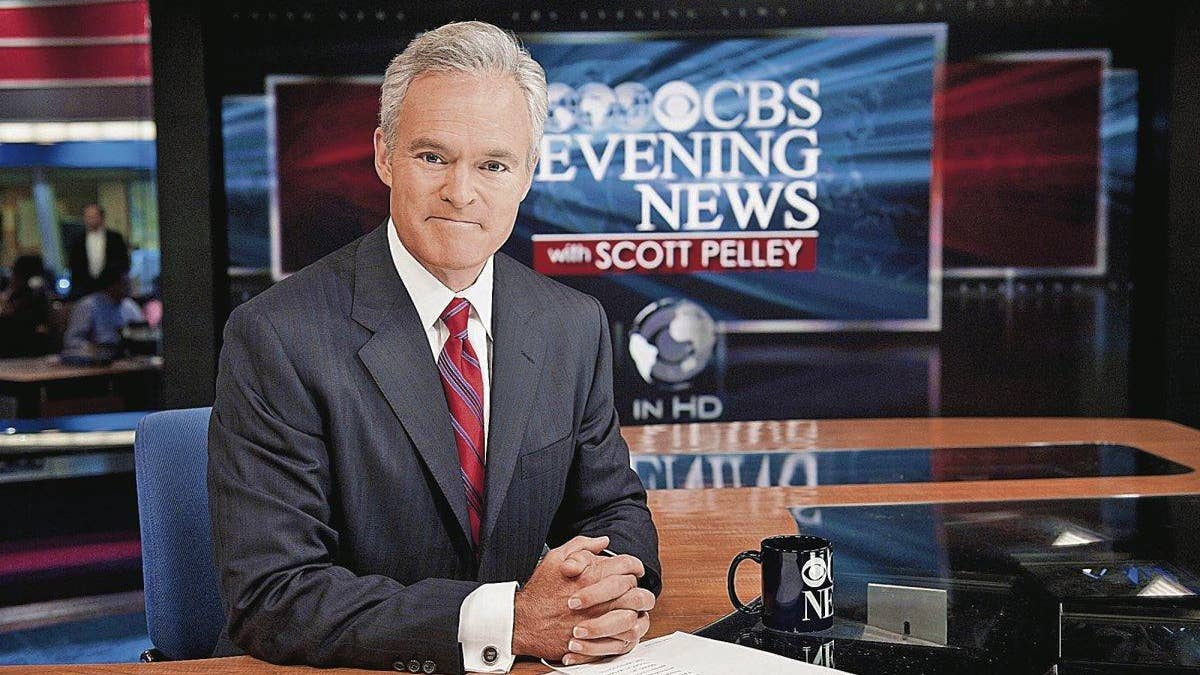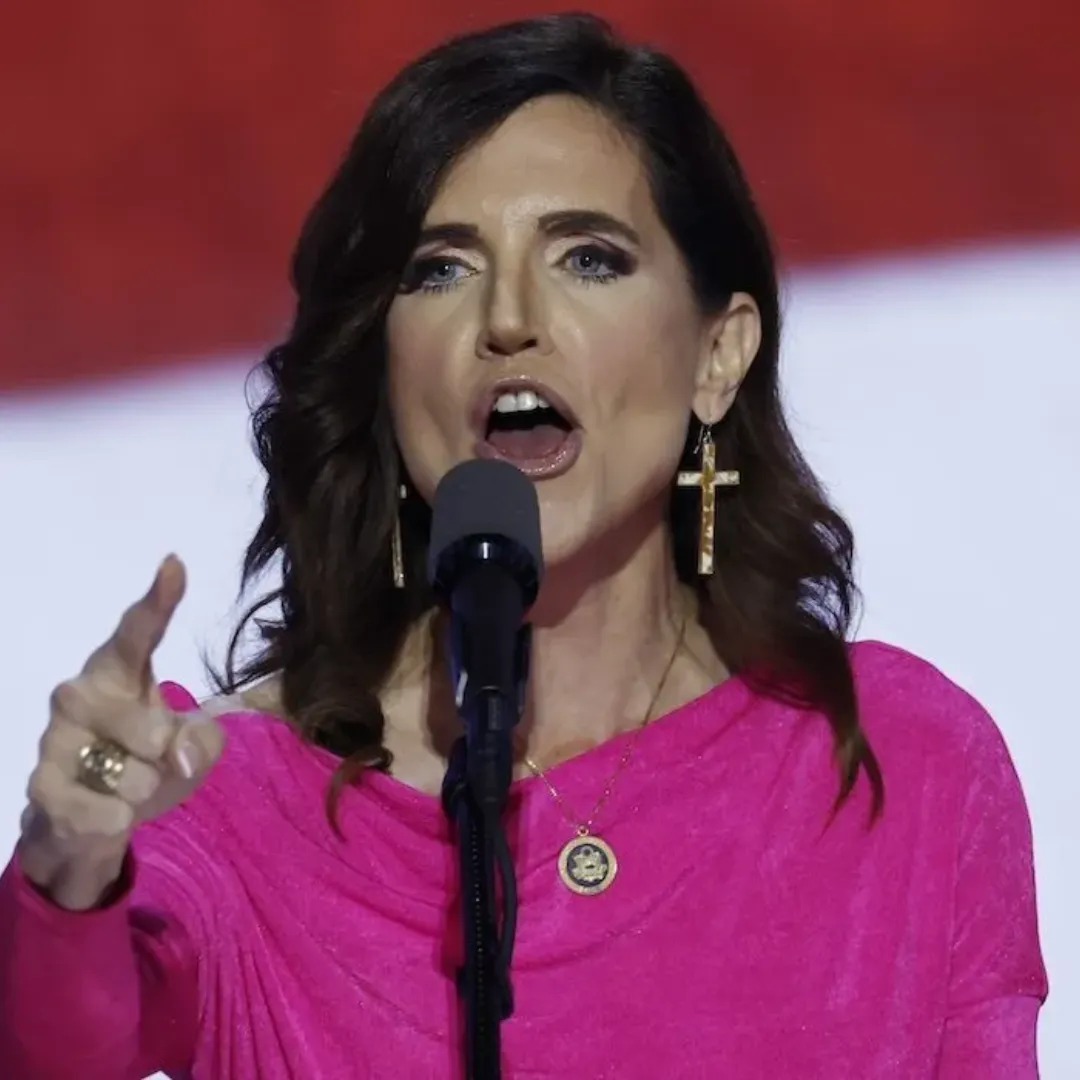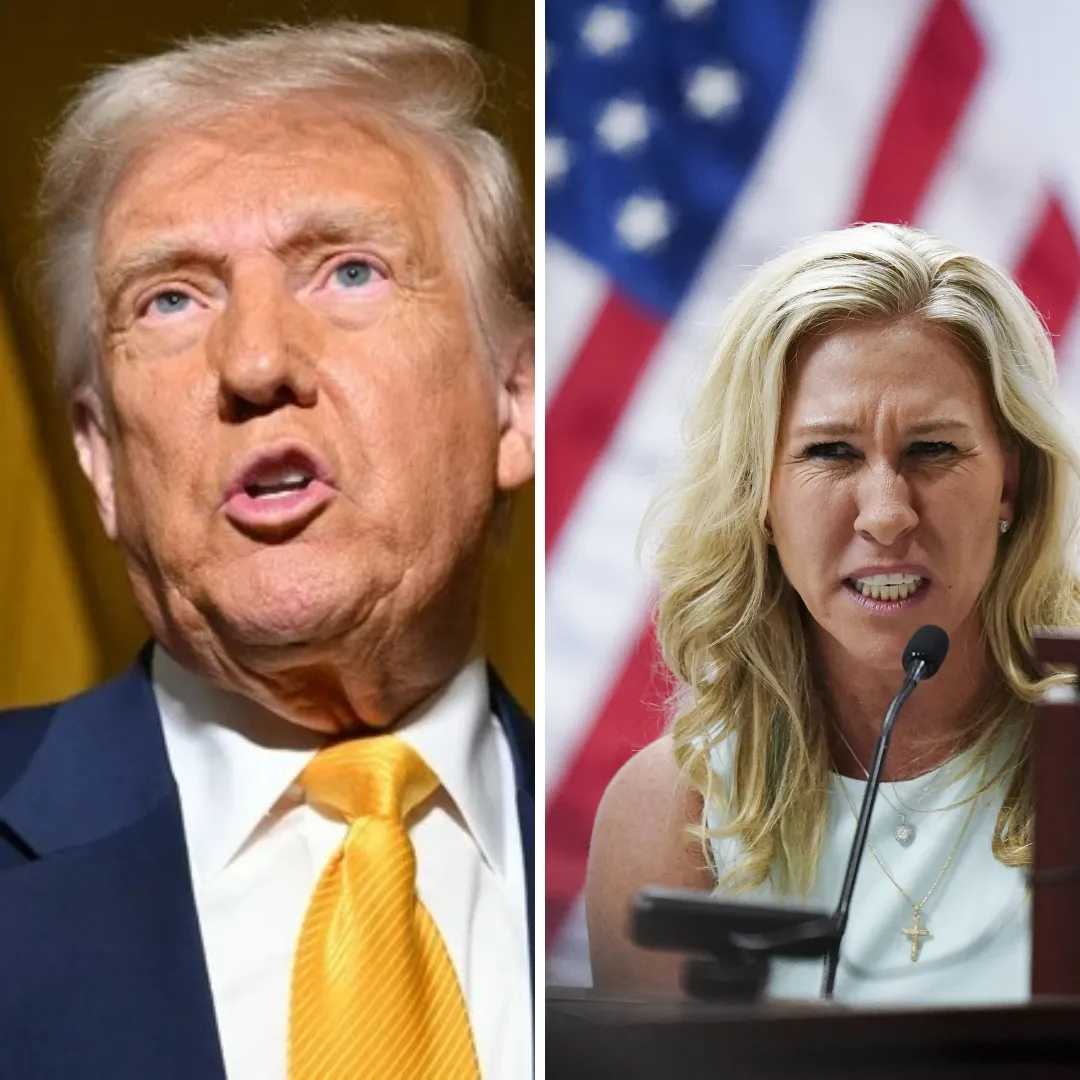
In a rare and candid moment of television transparency, "60 Minutes" correspondent Scott Pelley addressed the resignation of executive producer Bill Owens at the close of Sunday night's broadcast, offering viewers an unusual glimpse into the internal struggles facing America's most iconic news program.
Pelley praised Owens’s leadership and decried the recent changes imposed by corporate leadership that, he said, left none of the staff happy.
"It was hard on him and it was hard on us," Pelley said in his closing remarks. "But he did it for us — and you."
Owens, who had been the third executive producer in the 57-year history of "60 Minutes," resigned last week after internal tensions mounted over newly imposed editorial oversight from CBS News’s parent company, Paramount Global.
In his resignation, Owens cited a loss of editorial independence as the driving reason behind his departure, stating he no longer felt he could run the program according to the journalistic standards that had long defined it.
Pelley’s comments were remarkable not just for their openness but for the implicit criticism of the network’s corporate management at a time when CBS News and its parent company are navigating a fraught political and business landscape.
Paramount Global is currently undergoing a merger with Skydance Media, a deal that still requires approval from the Trump administration. Amid these high-stakes negotiations, President Trump has filed a $20 billion lawsuit against "60 Minutes," alleging unfair editing of a Kamala Harris interview aired last fall.
The lawsuit and the broader political climate have placed new pressure on CBS leadership to tread carefully, even at the risk of compromising journalistic autonomy.

"None of our stories has been blocked," Pelley reassured viewers. "But Bill felt he lost the independence that honest journalism requires. No one here is happy about it. But in resigning, Bill proved he was the right person to lead '60 Minutes' all along."
Pelley’s words made clear that although no censorship had explicitly occurred, the mere presence of added layers of supervision was enough to create an atmosphere of distrust and unease among the reporters and producers who work on "60 Minutes."
For a show that has prided itself for nearly six decades on its fearless pursuit of truth and its willingness to take on the powerful, any hint of compromised editorial independence strikes at the heart of its identity.
The additional oversight involves senior executives reviewing "60 Minutes" segments before they air. Among those reportedly involved in this process is former CBS News President Susan Zirinsky, a veteran producer with deep roots in the network's news division.
Though Zirinsky is widely respected, the very existence of a pre-air review process signals a significant departure from past practices at "60 Minutes," where producers and correspondents traditionally operated with a high degree of autonomy.
Owens and several key staffers have reportedly resisted this shift, arguing that real journalism cannot flourish in an environment where corporate or political concerns dictate editorial decisions.
Although there have been no reports of direct interference in story content yet, many inside "60 Minutes" fear that the presence of corporate reviewers will have a chilling effect over time, leading reporters and producers to self-censor or shy away from controversial topics.
Throughout the turmoil, "60 Minutes" has continued to air hard-hitting stories about the Trump administration almost every week since President Trump’s inauguration in January.

On Sunday’s broadcast, correspondent Sharyn Alfonsi reported a story about funding cuts at the National Institutes for Health, continuing the program’s tradition of investigative journalism focused on accountability and public interest.
However, the political environment remains volatile. Trump, who has frequently criticized mainstream news outlets, has taken particular aim at "60 Minutes" in recent weeks.
Following a recent broadcast he deemed unfavorable, Trump declared on social media that CBS News should "pay a big price" for what he described as unfair and biased coverage. The president’s ongoing attacks have only added to the tension surrounding CBS News and its flagship program.
The legal battle stemming from the Kamala Harris interview continues to loom large. Trump’s $20 billion lawsuit alleges that "60 Minutes" intentionally edited the interview to portray Harris in a favorable light during a crucial moment of the presidential campaign.
Owens and many others inside "60 Minutes" firmly maintain that the interview was edited fairly and according to standard journalistic practices. They have resisted calls for a settlement, arguing that conceding would set a dangerous precedent and further erode public trust in the press.
Inside CBS News, the division over how to handle the lawsuit and the broader corporate pressures has deepened. While some executives have advocated for a more conciliatory approach to protect the merger with Skydance Media, others, including many at "60 Minutes," believe that journalistic integrity must come first, even if it risks angering powerful figures or complicating corporate objectives.
Pelley’s tribute to Owens underscored the gravity of the moment. In a business where departures are often glossed over or downplayed, his heartfelt on-air statement made clear that Owens’s resignation was not just a personal decision but a protest against the erosion of editorial independence.
It was also a signal to viewers that the journalists behind "60 Minutes" are fighting to preserve the standards that have made the show one of the most respected names in American journalism.
"It sends a message to our audience that we are still fighting for the truth," one staff member, speaking anonymously, said after the broadcast. "Bill stood up for what matters most. And Scott’s comments showed that we are not willing to just roll over."
The larger question now is what lies ahead for "60 Minutes" as it navigates these turbulent waters. With Owens gone, the show faces the challenge of maintaining its editorial independence under increased scrutiny.
Staff morale is reportedly mixed, with many feeling anxious about the future but also determined to uphold the program’s legacy.
Viewers have long trusted "60 Minutes" to deliver fearless, in-depth reporting on the most important issues of the day. Whether investigating political corruption, corporate malfeasance, or social injustices, the program has earned its reputation by challenging the powerful and asking tough questions.
Any perception that the show is being muzzled or compromised would not only damage its brand but also erode public confidence in the media at a time when trust is already fragile.
For now, CBS executives are staying relatively quiet about the internal tensions. In a brief statement last week, the network praised Owens’s contributions and wished him well in his future endeavors, but did not directly address the controversy over editorial oversight.
Paramount Global executives have similarly refrained from making public comments about the merger’s impact on CBS News operations.
Meanwhile, within the "60 Minutes" newsroom, the focus remains on producing strong, impactful journalism. Correspondents and producers are pushing ahead with investigations and interviews that tackle critical issues, even as they remain wary of the new layers of oversight.

One veteran correspondent summed up the mood: "We’re going to keep doing what we’ve always done — telling the stories that need to be told. If someone tries to stop us, they’re going to have a fight on their hands."
In the weeks and months ahead, all eyes will be on "60 Minutes" to see whether it can continue to maintain its fierce independence in the face of mounting external pressures. The stakes are high, not just for the show itself but for the broader principle of a free and independent press.
Scott Pelley’s emotional on-air tribute to Bill Owens was more than a farewell to a respected leader. It was a reaffirmation of the values that have sustained "60 Minutes" for generations — and a vow to uphold those values no matter how difficult the road ahead may be.




